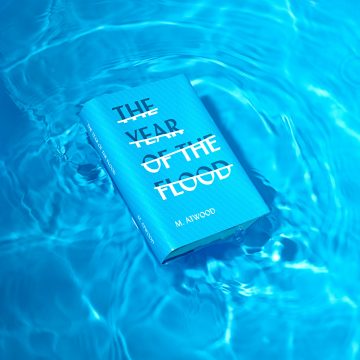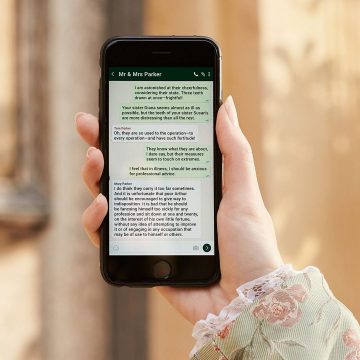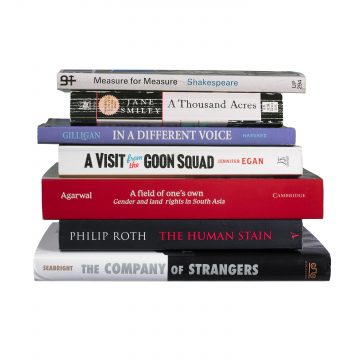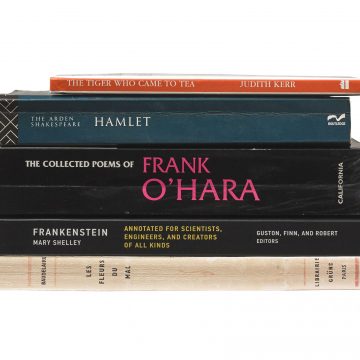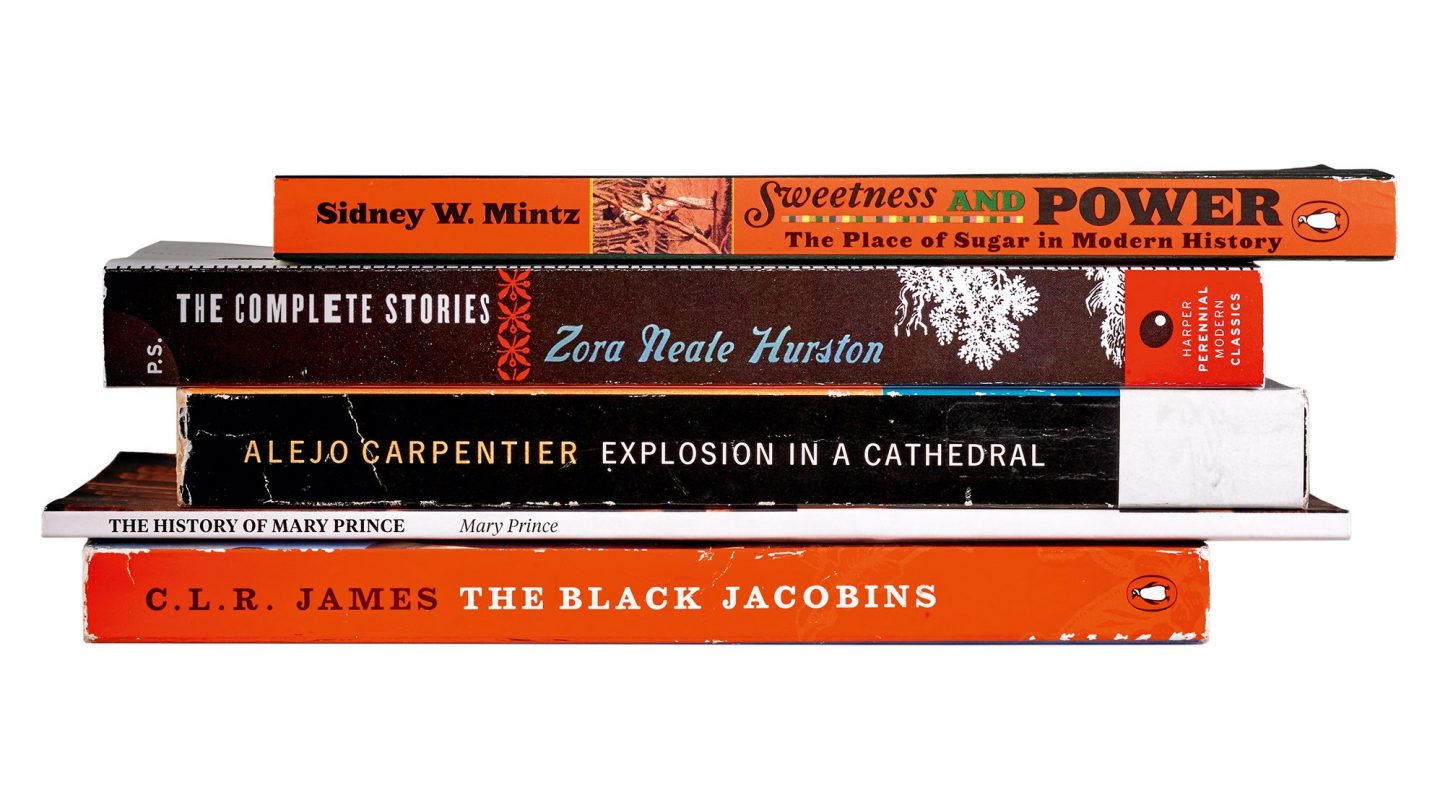
‘Certain things are just indelible’
Dr Johnhenry Gonzalez is a lecturer in Caribbean and Atlantic History with a particular focus on the 1791 Haitian revolution.
-
Sweetness and Power - The Place of Sugar in Modern History
Sidney Mintz
Today, there are lots of single-commodity history books, about topics like salt and cod and even about particular diseases, but this was the first, and it was hugely influential. I first came to this via my father’s book shelves as a teenager; I then returned to it more seriously later on. Mintz is an author I continue to read, and his final work Three Ancient Colonies – about Jamaica, Haiti and Puerto Rico – is underrated.
-
The Complete Stories
Zora Neale Hurston
Hurston was a novelist rather than an academic, but she did also conduct ethnographic research, carrying out ground-breaking studies about Haitian culture of the 1930s. She was among people like US poet Langston Hughes who were drawn to that part of the Americas. The only two words in the Haitian language that people around the world are likely to know are ‘zombie’ and ‘voodoo’, and she was an early scholarly interpreter of both of them. In fact, her work, especially in the way she searched for history through Vodou, continues to influence my work almost a century later.
-
Explosion in a Cathedral
Alejo Carpentier
I first read this when I was in high school. Carpentier was probably the initial founder of magical realism and works such as Gabriel García Márquez’s Autumn of the Patriarch, which gaze upon the archipelago, really borrow from this, a progenitor of the genre.
Carpentier was profoundly influenced by Haiti and by the French Antilles, and, because he was a political prisoner in the 1920s and a kind of elite ambassador under Fidel Castro, a member of the regime, it gives his work an obvious historical profile. He was the author-statesman of revolutionary Cuba.
-
The History of Mary Prince
Mary Prince
I’m surprised that I didn’t discover this important slave narrative until graduate school. I wrote my first article on Turks and Caicos in part because of it. It’s a first-hand account of the horrors of salt slavery, which wasn’t as widespread as sugar slavery but was equally terrible. Slave narratives by women are much rarer, so it’s almost unique. Because she was born in Bermuda, enslaved in Turks and Caicos and Antigua, and then came to the UK, no country has claimed Mary Prince as their own, but I think Britain eventually will and that her story will become more prominent in future.
-
The Black Jacobins
CLR James
I read this book in high school. It tells the story of the Haitian revolution and it’s a classic of narrative history, dramatic and compelling. It’s full of the rhetorical and polemical flourish of someone who was an expert propagandist of his time. As an introduction to the question of slavery alone, in some ways it can probably never be surpassed. In my arena there are not too many fundamental secondary texts that predate the second world war, but this was published in 1938 and written in the mid-1930s, and it’s still relevant today. Certain things are just indelible.
Dr Gonzalez is the author of Maroon Nation: A History of Revolutionary Haiti, published by Yale University Press.

